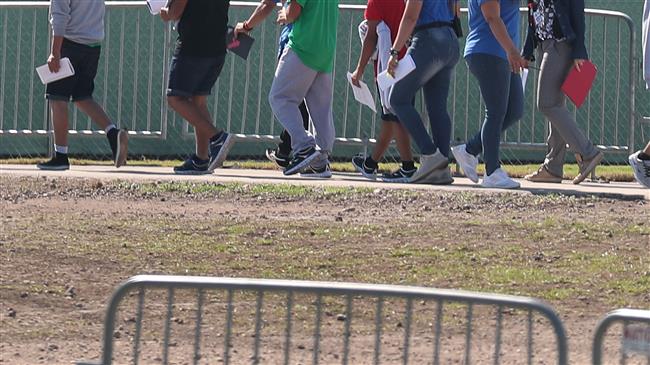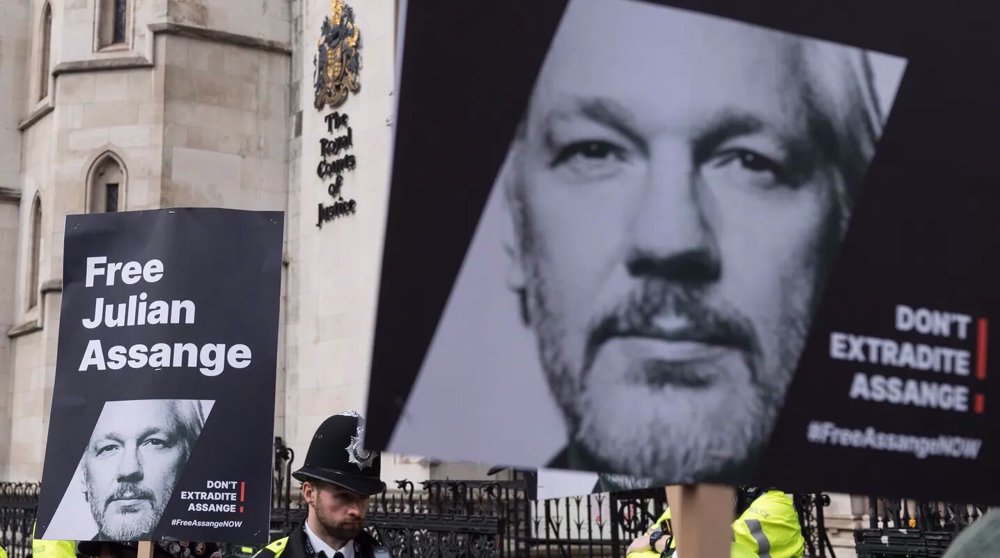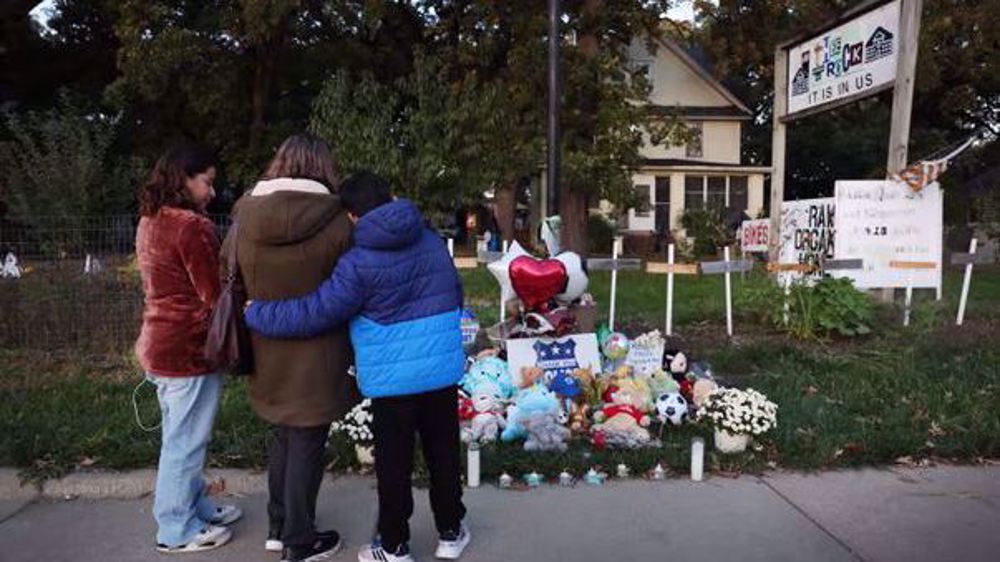US judge extends authority to reunite migrant children
A US federal judge who ordered the administration of President Donald Trump last year to reunite more than 2,700 children with their parents says potentially thousands of more families could be affected by his ruling.
US District Judge Dana Sabraw of San Diego, California, said in a preliminary ruling issued Friday that parents who were separated from their children on or after July 1, 2017, should be included as part of a class-action lawsuit brought by the American Civil Liberties Union (ACLU).
Previously, his orders applied only to parents whose children were in government custody on June 26, 2018, when he issued his initial decision in the case.
Sabraw made the ruling following a report in January by the US Health and Human Services Department’s internal watchdog that said thousands more children may have been separated since the summer of 2017, which he noted has not been disputed.
The health department’s inspector general said the precise number of separated children was unknown.
The judge said he will consider the next step on March 28. The first move may be to identify the separated families, no easy task because the government didn’t have an adequate tracking system at the time.
US Justice Department attorney Scott Stewart told the judge last month it would be difficult for the Trump administration to identify families because the children were no longer in its custody, and the children would likely be emotionally harmed if they were removed from their current homes.
Sabraw disagreed in his 14-page order.
“The hallmark of a civilized society is measured by how it treats its people and those within its borders,” he wrote. “That defendants may have to change course and undertake additional effort to address these issues does not render modification of the class definition unfair; it only serves to underscore the unquestionable importance of the effort and why it is necessary (and worthwhile).”
The ACLU, which sued the Trump administration in June over the practice of splitting families, welcomed the decision.
“The court made clear that potentially thousands of children’s lives are at stake and that the Trump administration cannot simply ignore the devastation it has caused,” ACLU attorney Lee Gelernt said.
The lack of a tracking system left the federal government unable to quickly reunite families when parents finished their criminal cases and, in nearly 500 instances, parents were deported without their children.
Sabraw ordered in June that the practice be stopped and that more than 2,700 children in government care be reunited with their parents within 30 days, which has largely been accomplished.
The vast majority of separated children are released to relatives, but many are not parents. Of children released in the 2017 fiscal year, 49 percent went to parents, 41 percent to close relatives like an aunt, uncle, grandparent or adult sibling and 10 percent to distant relatives, family friends and others.
Trump has made toughening immigration policies a central tenet of his presidency and has vowed to build a wall along the US-Mexico border to combat illegal immigration and drug trafficking.
Israeli airstrike kills at least 7 people in Rafah
VIDEO | Iranians hold nationwide demos in support of IRGC
Syria condemns US veto of Palestine UN membership resolution
Iraqi resistance forces hit Israeli Ovda air base
Hackers break into Israeli military’s computers, access trove of documents
Tulkarm Brigade commander killed by Israeli forces in raid on refugee camp
Zionist media desperately trying to turn Israeli defeat into victory: Iran
VIDEO | Press TV's news headlines











 This makes it easy to access the Press TV website
This makes it easy to access the Press TV website